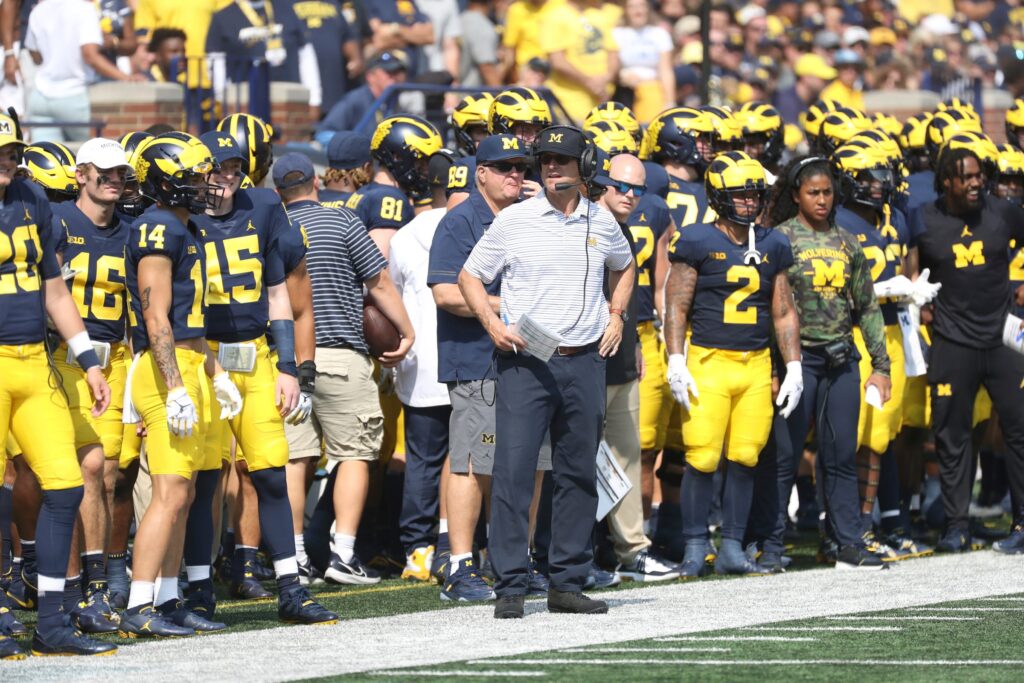
Alumni and fans of the University of Michigan’s football program are voicing their frustration over a recent scandal that has overshadowed the team’s achievements. Many supporters are calling for a return to integrity and accountability rather than prioritizing wins at any cost. This sentiment comes in light of an ongoing NCAA investigation linked to allegations of sign-stealing and other misconduct.
The scandal remains a contentious issue, with Michigan’s national championship title not mitigating the discontent among alumni. One such alumnus, Ann-Nora Hirami, who has held season tickets for 35 years, expressed her disillusionment. Hirami criticized head coach Jim Harbaugh for his refusal to cooperate with the NCAA investigation, particularly regarding his failure to attend interviews and to provide requested records. Furthermore, she highlighted the troubling actions of former staff member Connor Stalions, who allegedly destroyed a phone and disposed of it in a pond.
Hirami’s letter emphasizes that while she desires victories for her alma mater, she prioritizes the university’s integrity above all else. She stated, “Football is not the almighty. Academics are the almighty.” Her appeal reflects a broader concern among alumni who believe that the university’s values should not be compromised for athletic success.
In a separate letter, Donald Wade from Nashville raised questions about the ethical standards upheld by the University of Michigan. He pointed out that Harbaugh’s claims of ignorance regarding the alleged misconduct of his coaching staff seem implausible given the team’s successful season. Wade argued that Harbaugh should bear some financial responsibility for the fines the university faces due to these infractions.
The discussion around the scandal has also intersected with broader societal issues, as highlighted by letters from other Michigan residents. Darryle J. Buchanan commented on the rising violence in Detroit and its connection to societal norms of masculinity. He advocated for preventative measures, such as mentorship and community support, to address the root causes of violence rather than relying solely on punitive measures.
Meanwhile, Bill Richardson criticized the approach of deploying the National Guard to combat crime, arguing that neighborhoods should not be treated as war zones. He stressed the importance of implementing common-sense gun laws and investing in community programs that foster hope and opportunity.
As the University of Michigan navigates this turbulent period, the voices of its alumni and community members underscore a deep commitment to maintaining the institution’s integrity. With new opportunities on the horizon, the hope is that the leadership will prioritize ethical standards alongside athletic success. The future of Michigan football may depend not only on the outcomes of games but also on the values that the university embodies.







